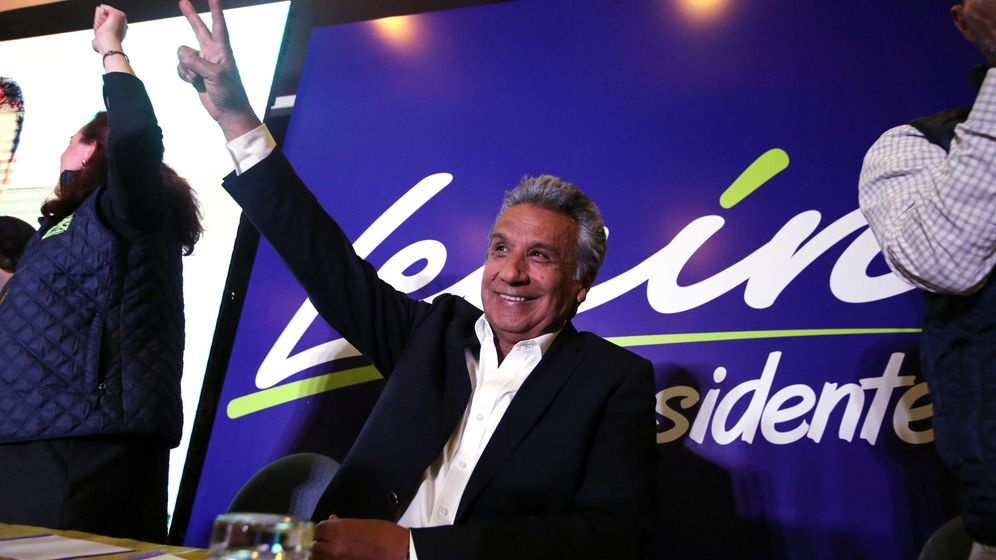Ecuador
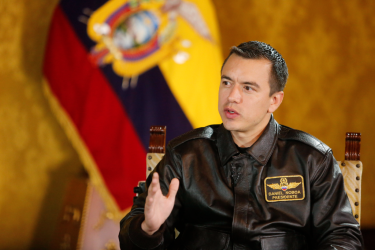
Ecuador: Understanding Noboa’s victory
Franklin Ramírez Gallegos — Noboa’s victory gives him a free hand to extend the tripartite program he has been developing since he took office in 2023: neoliberal austerity, extractive accumulation and an ‘internal war’ against drug trafficking.
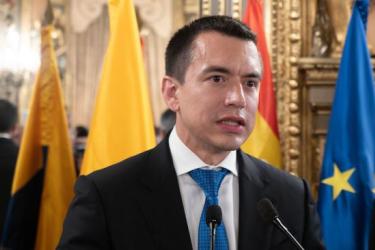
Ecuador enters ‘Trump mode’ with Noboa victory
Ociel Alí López — Authoritarian drift and political blackmail shape the runoff election in Ecuador, where incumbent President Daniel Noboa won Sunday’s vote.
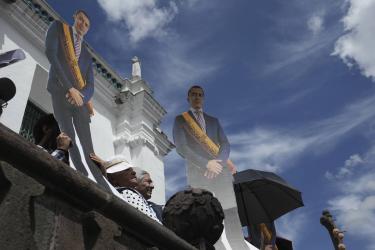
Ecuador: How militarization and fear politics secured the right’s victory
Augusto Barrera Guarderas, Franklin Ramírez Gallegos and Pablo Ospina Peralta give their opinions on Ecuador's elections and what the results portend for the country's political future and the fate of democracy.
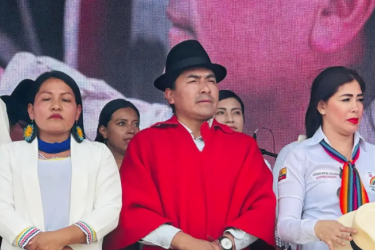
Leónidas Iza (Pachakutik, Ecuador): ‘Our election campaign is an extension of the people’s struggle’
Leónidas Iza analyses the country’s economic and political crisis, the impact of popular mobilisations and the need to articulate a project from the grassroots that combines social struggles and electoral disputes.
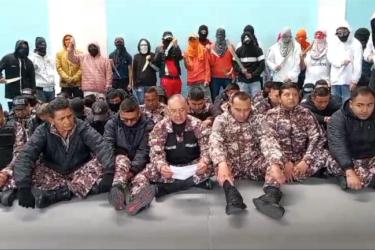
Guillaume Long: Chaos in Ecuador
Guillaume Long — Ecuador is swiftly becoming the new frontline of the failed US War on Drugs. It may take years or even decades for the country to rebuild a state that can guarantee peace and security for its people.
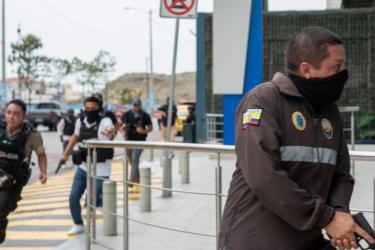
Ecuador on the brink of the abyss
Revolutionary Movement of Workers — An immense wave of violence has been unleashed throughout the country. Ecuador is going through a moment of very deep crisis, perhaps the most serious in its history.
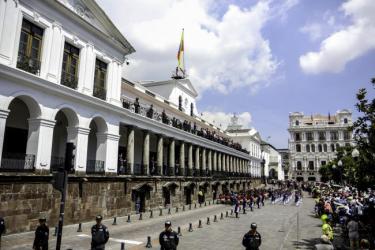
Ecuador: Will Correísmo succeed in surfing the second progressive wave?
Ociel Alí López — With two weeks to go before Ecuador's presidential elections, what obstacles does Correísmo face in defeating its right-wing opponents? Will Luisa González become Ecuador's first elected woman president?
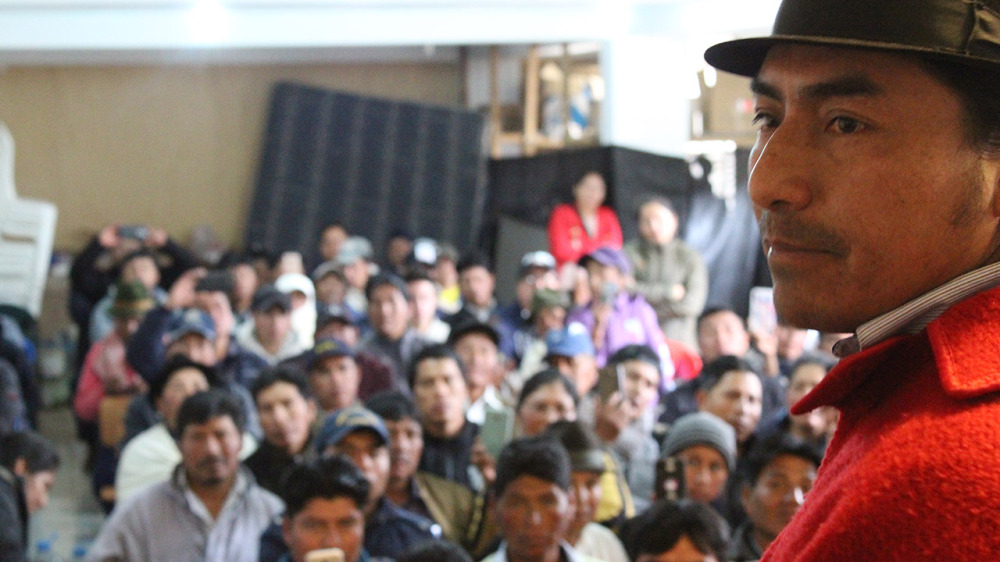
Interview with Leonidas Iza
Ecuador: From Rafael Correa to Guillermo Lasso via Lenin Moreno

By Eric Toussaint

